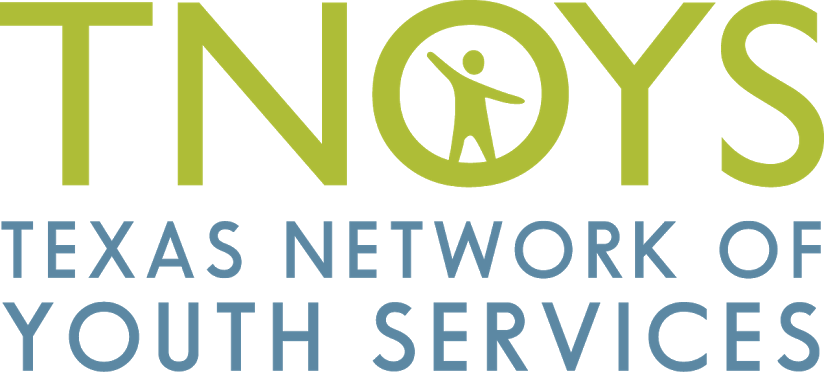Creating a Culture of Care was a statewide initiative to help licensed residential treatment centers (RTCs) in Texas reduce the use of seclusion and restraint while creating stronger programs for youth and staff. RTCs typically serve youth with serious mental health and behavioral challenges as well as histories of abuse and neglect. Restraint and seclusion are known to be re-traumatizing for youth. They also can be physically, emotionally, and practically costly for programs and staff, but it is not always easy for one program to change its organizational culture alone or identify alternatives that still keep youth safe.
From 2011 to 2015, TNOYS helped RTCs learn about and implement the evidence-based Six Core Strategies to Prevent Conflict and Violence: Reducing the Use of Seclusion and Restraint and trauma-informed principles through training on best practices, networking opportunities, and ongoing individualized program support. TNOYS hosted symposiums and institutes with national and local experts for all Texas RTCs (and other youth programs at our annual conference) and worked with 11 program sites intensively over the course of the initiative. TNOYS staff were available to programs in an ongoing way – to brainstorm about challenges big and small.
We are excited to share what we saw and learned! We now have available on our website three important resources and tools: a 3-page research brief summarizing key data and findings from the project; 2 videos (see below) featuring TNOYS staff expert Jack Nowicki as well as staff from a participating RTC, Helping Hand Home for Children; and our full, in-depth evaluation report explaining everything from background on the initiative to results to lessons learned for other youth residential programs.
Here are a few of the evaluation’s highlights:
- Our successful sites reduced their restraint numbers anywhere from 34% to 100% over the course of the initiative. For some sites, numbers fluctuated; for most, there was a consistent downward trend.
- The sites that were most successful had leadership excited about and committed to change as well as an engaged team of staff keeping an eye on progress and communicating regularly. There was an environment of learning, use of data, and support for trying new strategies to collaborate with youth.
- The sites that were less successful experienced significant turnover of leaders or key staff during the initiative or could not participate fully. In some cases, being regularly understaffed made it difficult to focus on organizational change consistently.
- Ten of the eleven sites did not use seclusion at all, and a few used TNOYS support to create comfort rooms from old seclusion rooms.
- While there are over 60 licensed RTCs in Texas, our 11 sites initially accounted for nearly half of all restraints among RTCs in the state. Thus suggests to us that the right people signed up to participate!
- There was a positive trend of restraint and seclusion reduction in all Texas RTCs over the course of the initiative (11%), but our successful sites saw more dramatic reductions.
- Our RTCs appreciated the availability of TNOYS staff to them. They especially appreciated the chance to work with TNOYS staff in person as well as network and problem solve with other RTC staff (of all levels – from direct care to clinical to leadership) from across the state. This reduced their feelings of isolation.
- Implementing the Six Core Strategies is a low-cost path to organizational change. Hands-on training and technical assistance can help keep programs motivated and on track.
And a few quotes from participating RTCs:
“The project came at a time when we really needed it, and the journey has been great.”
“Youth feel safer, and we are more strengths-based now.”
“We have had major progress in a total paradigm shift, and it has decreased runaways and increased staff morale.”
“Our staff turnover rate has significantly improved. Staff are happier.”
“Staff have gotten more actively involved with the youth – and have lost weight!”
“It’s surprising how far a little change can go!”
We are excited to continue to prioritize trauma-informed care as well as seclusion and restraint reduction at TNOYS – we coordinate a statewide Leadership Group and are always looking for opportunities to offer more training and consulting services around the state.
Read the full report, Advancing Seclusion and Restraint Prevention Efforts in Texas Residential Treatment Centers.
Watch our two videos featuring Jack Nowicki, TNOYS Senior Program Development Specialists, and our partners at Helping Hand Home for Children in Austin.
